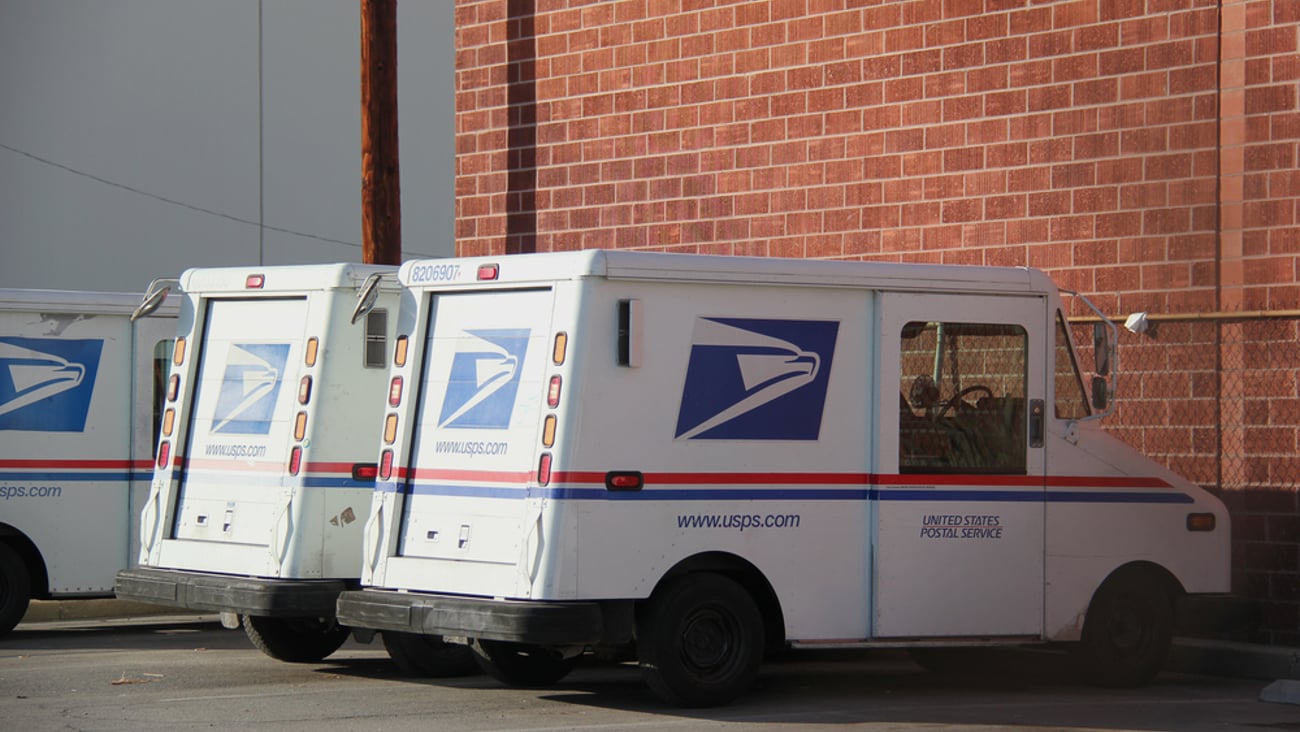How to Use Intelligent Clustering as a Competitive Advantage
Finding a balance between providing shoppers the products they want and the cost of doing so is key to success in retail.
Think about out-of-stocks, for instance. Increased inventory levels can help prevent costly lost revenues from stock shortages. But conversely, carrying inventory is pricey.
In addition, SKU simplification can increase supply chain efficiency, but customers ultimately want options. Finally, they also want an enjoyable shopping experience, which includes expectations for customer service that requires costly labor.
Product assortment is also a struggle when it comes to maintaining balance. Customers anticipate that their favorite stores will stock a variety of goods and brands, in a variety of attributes and pack sizes. However, it is neither possible nor effective to develop customized category strategies for every store. It’s also unnecessary given the power of AI-based clustering.
Clustering is a component of category planning that is foundational to the development of ideal assortments tailored to the shopping habits of shoppers in a store's trading area, while also considering operational and supply chain factors that are crucial to margins.
Today, this discipline, and many others in retail, are evolving to accommodate the way consumers prefer to shop. If done right, retailers who pivot to modern clustering practices stand a much higher rate of success in the data-driven era.
Transforming clustering methodically
The retail sector has benefited greatly from conventional clustering strategies for many years. However, at a time when consumer expectations are higher than ever, product trends are changing swiftly. There’s also more data accessible than ever to help guide clustering, which has made AI-based clustering much more powerful.
But what makes intelligent clustering superior to standard clustering and how is it better? To begin with, intelligent clustering uses AI to include more variables in assortment options. This is a significant improvement over earlier clustering methods that recommended grouping based on past data rather than future market trends
This second point is vital. That’s because the performance of a category in the past and the assortment of things that drove historical success may differ significantly from the performance of a category today and in the future. AI alone can more accurately assess predicted contributions of multiple variables. As a result, intelligent clusters are built on a vision of the future rather than just as a response to the past.
Automaton, precision, and effectiveness
Traditionally, decisions on clustering frequently depend on data like store size, distribution systems or previous sales. However, this analog strategy in a digital era relies only on past data to predict future shopper demand. Integrating data from shopper sectors specific to each intelligent cluster enables AI to sense real-time changes in behaviors and much more accurately predict future demand at a store-item level.
Across categories, banners, and locations, ideal clusters may be found at scale with the use of sophisticated clustering procedures powered by AI. Stores may use AI to locate the sweet spot of having the ideal combination of core products in each shop with an optimized mix of supplementary localized products for each cluster of demand-driven retail stores.
Integration: a beautiful thing
Because of the way it connects with the supply chain, intelligent clustering also merits its moniker. Since its inception, improving supply chain efficiency has been a major driver of clustering.
By integrating supply chain operations to obtain visibility into the ramifications of different clustering options, intelligent clustering raises efficiency to a new level. It is feasible to prevent supply chain inefficiencies from being introduced into retail operations by well-intentioned attempts to serve customers by analyzing the closeness of distribution nodes to retailers, for instance.
As a result, orders are more likely to be on time and the products shoppers want will be more readily available.
When employed well, intelligent clustering powered by AI is a game-changer. It improves value with retail partners by balancing appropriate assortments and supply chain efficiency to achieve overall category growth.







